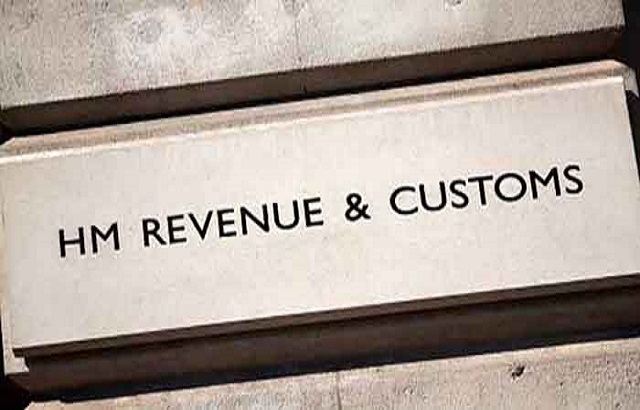HM Revenue & Customs (HMRC) has suspended enquiries into taxpayers and businesses that are under investigation.
This comes as a result of the UK government’s strategy to cope with issues stemming from the covid-19 pandemic.
HMRC is writing to taxpayers under enquiry to confirm that during the current lockdown they are being instructed not to request information or documents and not to press for responses to requests already made.
In some cases, it is suspending enquiries.
International Adviser contacted HMRC for a comment, it was not able to reply in time for publication.
Press ahead
Fiona Fernie, tax dispute resolution partner at tax and advisory firm Blick Rothenberg, said: “Whilst this may seem to be welcome news, there may be good reasons to press ahead if taxpayers or their businesses are already under enquiry.
“Putting off HMRC’s queries until after this difficult period is over may not be as good an idea as it sounds.
“Many will need to be concentrating hard on reviving their business and HMRC’s questions will inevitably distract attention from that at a time when loss of focus on business management could be potentially devastating.
“For individual taxpayers and businesses whose activities are currently curtailed, it would be sensible for them to use the time they have now to deal with HMRC rather than store up problems for the future.”
TTP
Fernie added that HMRC is currently focused on the fact that many taxpayers will need time-to-pay (TTP) and the UK tax collector has dedicated helpline manned by 2,000 staff dealing with this.
She said that it will hopefully “mean that it is possible to agree something sensible for the taxpayer”.
“However, taxpayers do need to bear in mind that tax liabilities are only deferred not extinguished and for TTP they will need to be able to provide information which demonstrates why they need TTP, the impact that covid-19 has had, and will need to be able to present a plan for repayment,” Fernie added.
That plan will need to include:
- Explanation of the financial hardship;
- The proposed timescale for deferral of the tax;
- Why the payment plan is affordable, which could be based on either future anticipated income or the proceeds of selling an asset;
- Explanation of the impact of the interaction with other debt financing;
- Provision of evidence to show that costs are being well managed.
Make contact now
Fernie said: “Individual taxpayers are likely to need monthly income and expense statements and a statement of personal assets and liabilities.
“The longer the period being requested for TTP, the more evidence HMRC is likely to require.
“Since nobody knows how long the impact of covid-19 will last, it may be necessary to renegotiate TTP, if the original agreement cannot be met.
“If that turns out to be the case, taxpayers should always notify HMRC of the difficulty as soon as possible and before missing a payment.”








